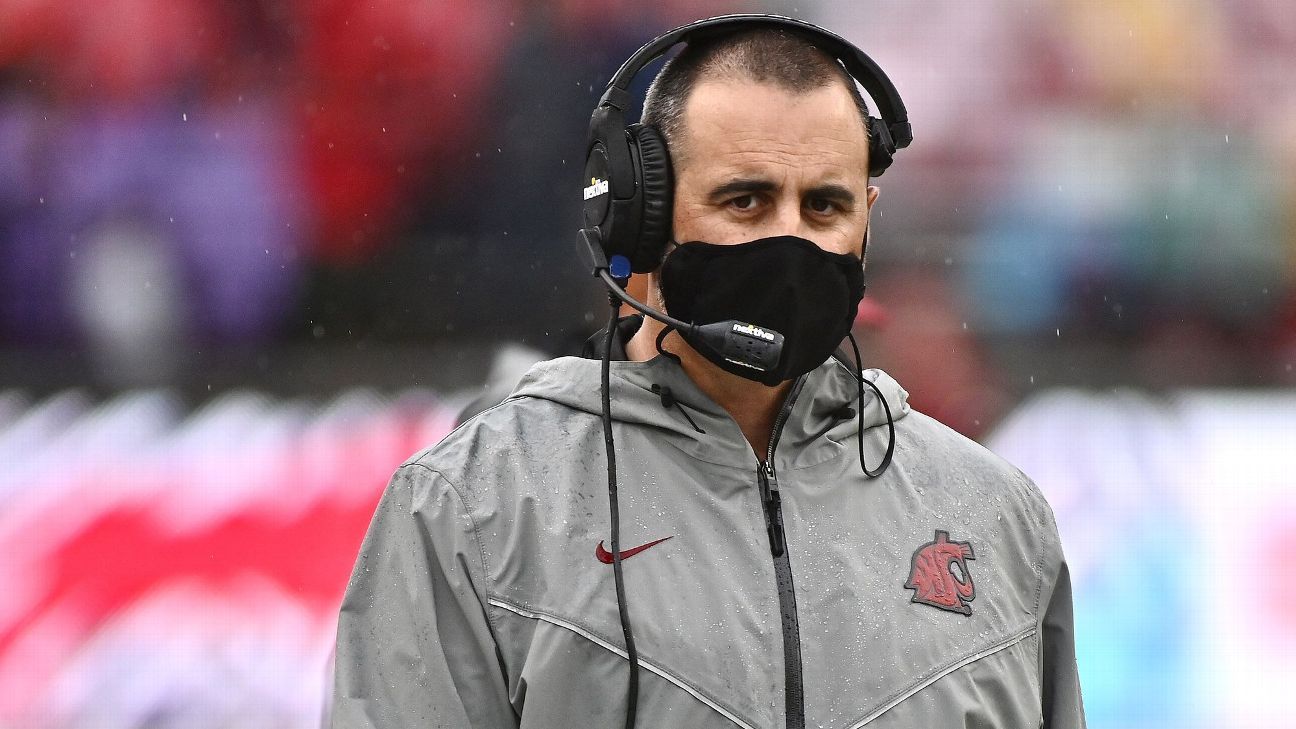A former University of Kentucky employee, Laurie Ann DeVore is suing the university trustees in federal court, saying she was forced to retire for refusing Covid-19 vaccination and the alternative, weekly Covid-19 testing. From the (paywalled) article:
"DeVore returned to work in-person as instructed on Aug. 2, 2021, and in September, was advised of a new policy at the university which required employees working on campus who had not received the vaccine to undergo mandatory weekly testing, according to court documents. “Due to deeply held religious beliefs, the plaintiff had not gotten the Covid vaccine,” the suit says. “Also due to her deeply held religious beliefs, (DeVore) objected to mandatory Covid testing.”
I’m reminded of the Washington State football coach who got fired for refusing to comply with a state vaccination mandate, having been refused a “religious” exemption. It turned out that the university had previously arranged for the coach to meet with an infectious diseases expert to discuss his concerns, during which meeting the coach reportedly spewed an array of antivax tropes, including questioning Bill Gates’ supposed involvement.
Can someone enlighten me on which religions forbid mandatory Covid testing (not to mention Covid-19 vaccination)? Aside from the antivax religion, that is.



